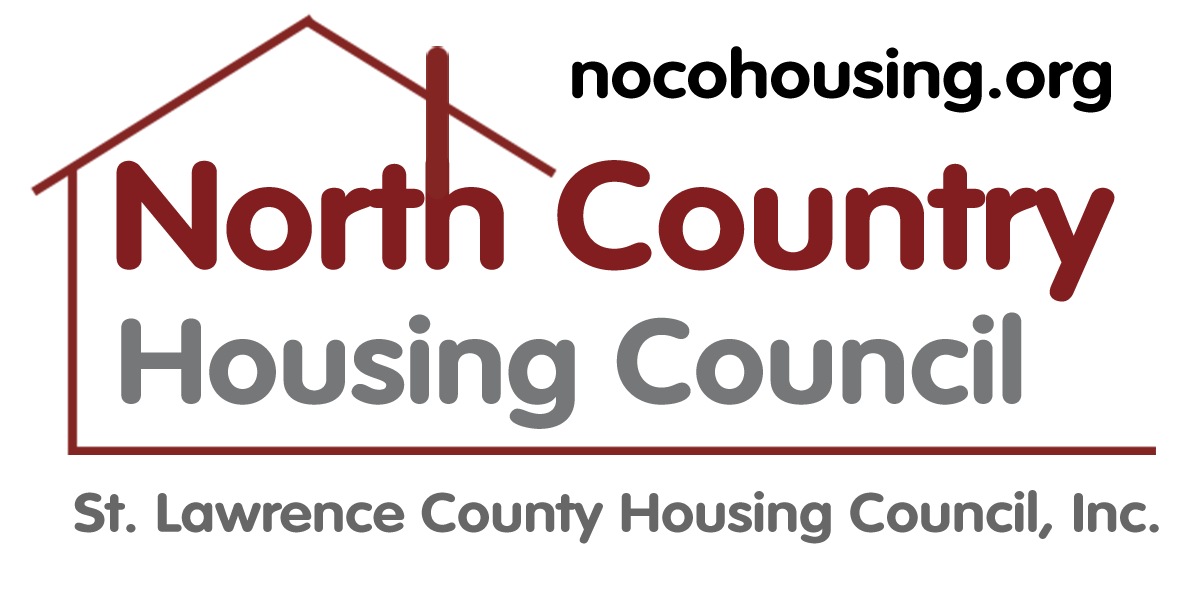A little-known yet growing concern among social service workers and those operating homeless shelters across the United States is the increasing number of older Americans experiencing or at risk of homelessness.
Several factors contribute to this growing epidemic:
-
The economic strain put on many businesses and individuals by the pandemic
-
The health issues and medical bills that may have accompanied the pandemic for many
-
The aging baby boomer population
-
The rapid and sharp increases in housing and rental costs, especially in larger cities across the nation
The role of emergency housing is crucial in preventing the spiraling of further economic and health hardship that can impact someone if they become homeless. Emergency housing may be temporary, but it gives someone the immediate ability to remain housed and safely sheltered.
Once someone becomes homeless, their mental and physical health is likely to suffer. A younger homeless population, for example, faces the same or more health issues than older adults who have remained housed.
Learn more:
US Housing and Urban Development

